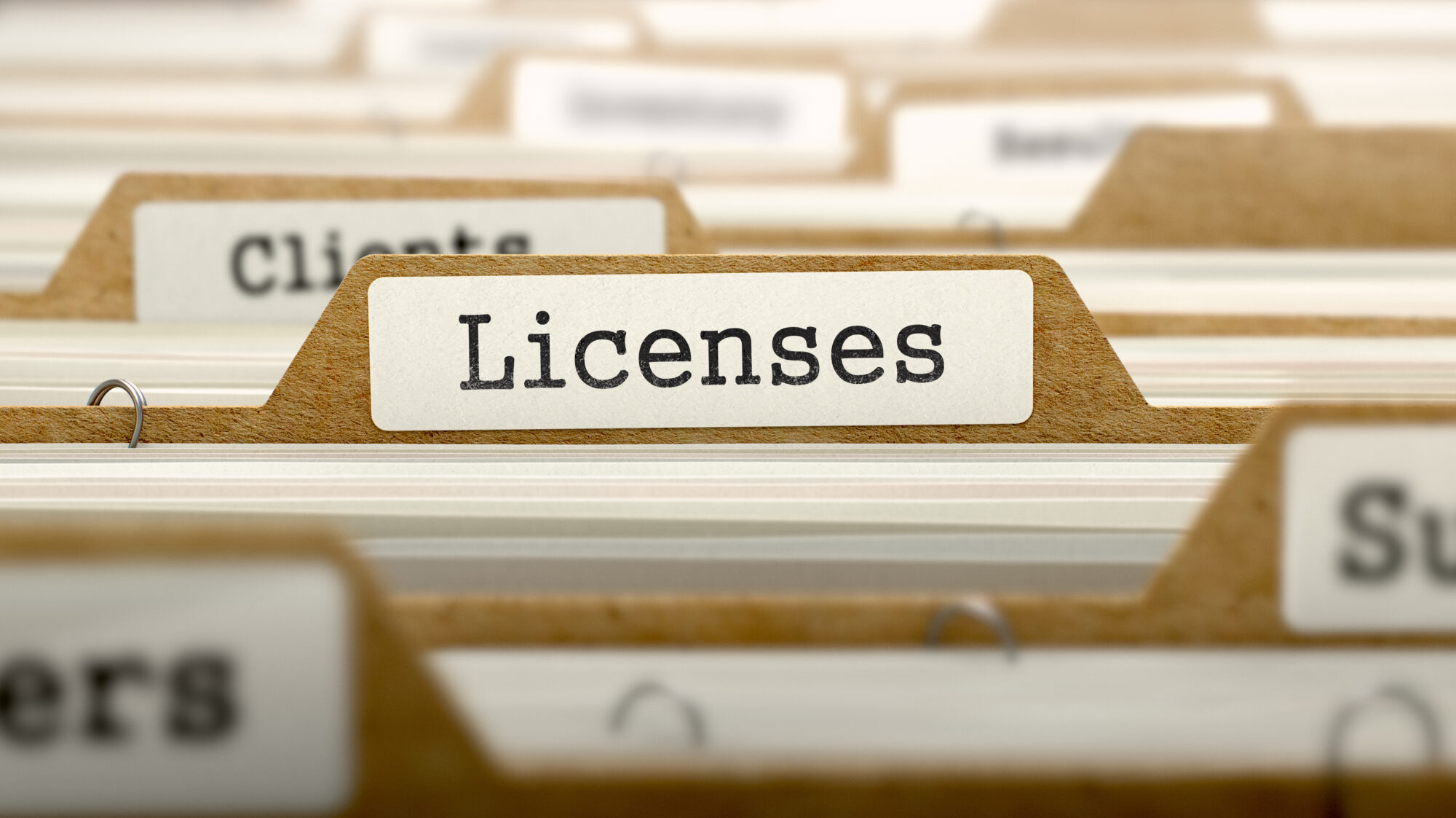Why publishers must rethink access, pricing, and distribution in the age of digital learning
The way we teach and learn has changed—permanently.
Remote classrooms, digital libraries, hybrid learning, and on-demand content access are no longer niche needs—they’re the standard.
In this new landscape, educational licensing has emerged as one of the most important growth opportunities for publishers. It allows you to serve institutions effectively while retaining control over how your content is accessed, priced, and distributed.
What is educational licensing?
Educational licensing refers to the legal and commercial agreements that grant access to digital content for academic or institutional use, under specific terms.
This includes:
- Multi-user access: e.g., full classroom or campus usage
- Timed access: semester- or year-based licensing
- Lending models: digital checkouts for libraries or students
- Streaming formats: audiobooks and interactive ebooks
- Usage restrictions: geography, devices, or concurrent users
- Accessibility compliance: for inclusive learning environments
It’s about giving institutions flexibility and legal clarity while giving publishers monetization, visibility, and content protection.
Why educational licensing is essential in 2025
Institutions are increasingly prioritizing digital content for several reasons:
- Remote learning is here to stay in both higher ed and K–12
- Digital infrastructure investments are growing across public and private education sectors
- Bilingual and interactive formats are more in demand
- Lending and subscription models are replacing bulk print purchasing
- Legal compliance is essential for equitable, accessible learning
Educational licensing helps solve all of this—while creating new, recurring revenue streams for publishers.
Key benefits for publishers
Implementing an educational licensing model allows you to:
- Expand into schools, libraries, and universities with ease
- Serve multiple users simultaneously under a single license
- Set pricing based on use, duration, or institution size
- Track content engagement and inform renewal pricing
- Ensure authors and rights holders are fairly compensated
- Maintain brand identity and platform ownership
Instead of depending on third-party marketplaces, you control how, when, and to whom your content is delivered.
How Bookset enables professional licensing for education
Bookset gives publishers and institutions the infrastructure to manage educational licensing clearly and efficiently.
With Bookset, you can:
- Create subscription or fixed-term access models
- Offer ebook and audiobook lending for libraries or classrooms
- Set limits by territory, institution, or number of users
- Combine digital books with streaming audio or supplemental PDFs
- Monitor usage metrics and expiration to simplify renewals
All from one easy-to-manage platform—no technical team required.
Whether you’re a trade publisher entering the education market or an academic press building institutional partnerships, Bookset helps you scale with structure and transparency.
Conclusion
Educational licensing is no longer an afterthought—it’s a core strategy for growth in the digital publishing economy.
Institutions want content that’s high-quality, flexible, and legally sound.
Publishers want models that are sustainable, scalable, and rights-friendly.
Bookset bridges the two, enabling content creators to serve the education sector with confidence and control.
👉 Ready to build a licensing model that works for both you and your academic partners?
Bookset helps you distribute, protect, and monetize your educational content—on your own terms.
Start here 👉 bookset.app
#EducationalLicensing #DigitalPublishing #Bookset #Ebooks #Audiobooks #AcademicContent #EdTech #LicensingModels #PublishingInnovation

